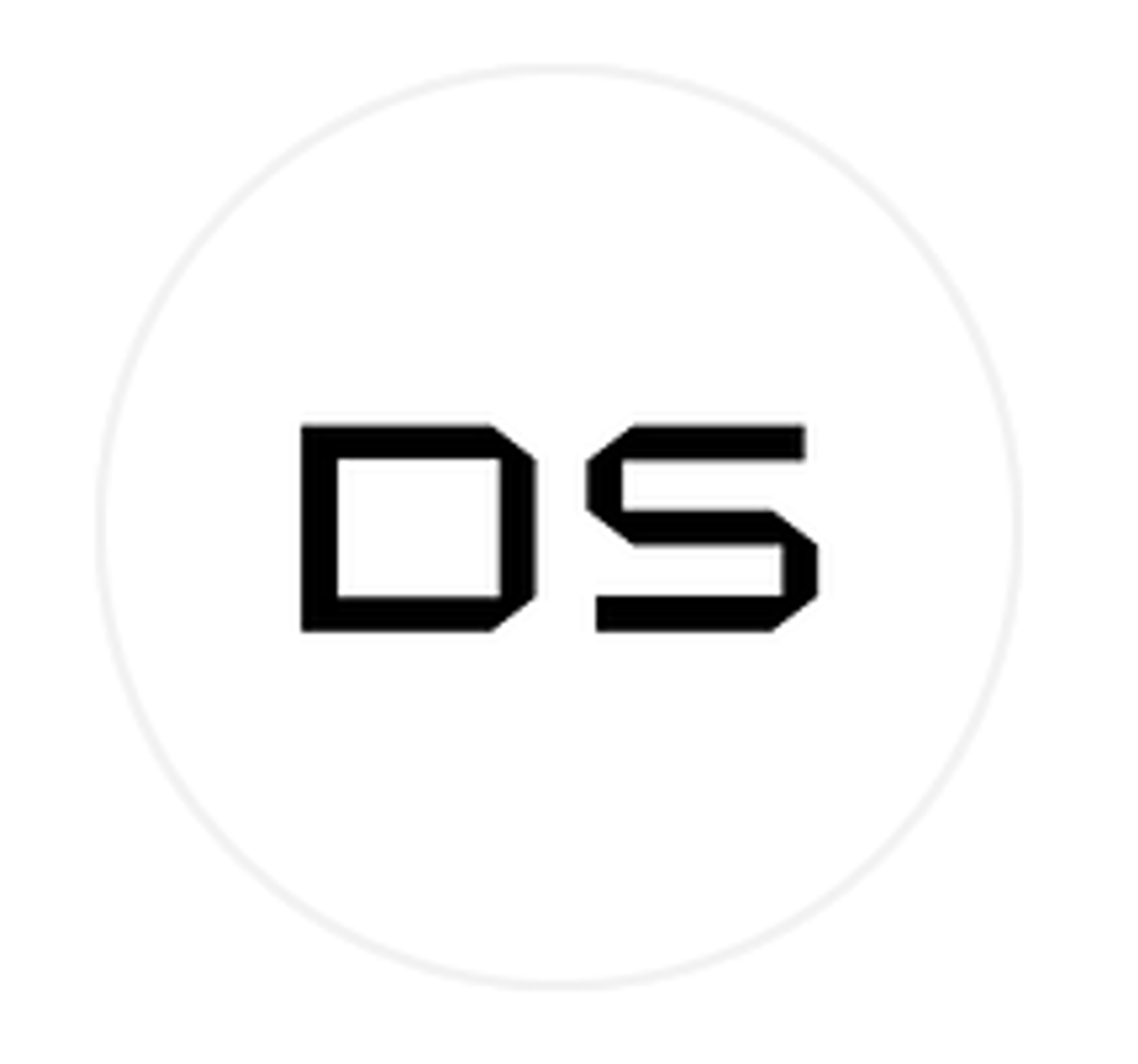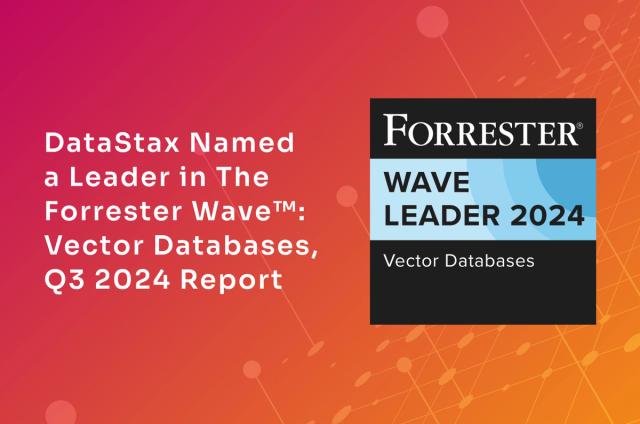Cloud Databases for eCommerce: What You Should Know

Distributed cloud databases are slowly but surely becoming the go-to architectures for any data that needs to scale quickly, easily, affordably, and safely.
This is as true for ecommerce applications as it is for any other type of application.
But for ecommerce, there’s more than just the customer-facing applications that you need to think about. You also want to optimize your quote-to-cash lifecycle, easily update your product catalog, and enjoy real-time price adaptations that reflect complex data relationships and machine learning algorithms that crunch data you didn’t even know you had. With the right distributed cloud database at your disposal, you will be able to:
- Achieve real-time views across all customer interactions and touchpoints—including both physical storefronts and mobile purchases
- Deliver an individualized experience to each customer corresponding to preferences, behaviors, and locations
- Drive customer loyalty and advocacy with highly responsive, reliable, and personally tailored responses to each customer interaction
How You Get From There to Here
“There” being your relational database or maybe your current NoSQL database that isn’t living up to it promises or unlocking the full potential of your data for ecommerce applications.
If you’re looking to change, or enhance, there are some distributed cloud database features that are non-negotiable:
1. It has to be built for hybrid cloud
The flexibility of being able to handle your data on-premises, in a private cloud, or on the public cloud of your choice, no matter which one is it, is absolutely essential to being able to build amazing ecommerce applications. That’s the power of a distributed cloud database built for hybrid cloud.
2. It has to be a multi-model database
You need your distributed cloud database to be flexible enough to handle all the different types of data models that exist in your commerce ecosystem. This means it must be a multi-model database, capable of working with multiple data models against a single, integrated backend system: JSON, tabular, document, graph, relational, and key-value models are all examples of what a multi-model database should support.
3. It has to be “masterless”
A masterless database is one in which all nodes are equal. In a masterless architecture, data is automatically distributed across all nodes in a database cluster, thus significantly reducing your chance of outages and allowing you to have an always-on database.
4. It has to have sophisticated replication
Advanced replication is also critical. This means that the database stores redundant copies of data across all participating nodes in a database cluster. Then, if any node in a cluster goes down, one or more copies of that node’s data is available on other machines in the cluster. Replication can work across one data center or many data centers.
5. It has to have linear scalability
Linear. Not vertical. Meaning your distributed cloud database should be able to add capacity simply by adding new online nodes. For example, if 5 nodes can handle 500,000 transactions per second, then 10 nodes can support 1 million transactions per second.
6. It has to be translytical
Finally, your cloud database must be what Forrester Research calls “translytical” so it can handle mixed workloads. The word translytics is a combination of transaction and analysis. A translytical database is a single database that supports both transactions and analytics in real time without compromising integrity, performance, or your ability to scale.
All Together Now...
If all these sound like heavy-duty requirements individually, you’re right, and getting them all together in one database might sound like a pipe dream. But there’s one distributed cloud database that weaves it all into one seamless and unstoppable engine: DataStax Enterprise.
Plenty of enterprises are already using it to bring their ecommerce applications to the next level.



